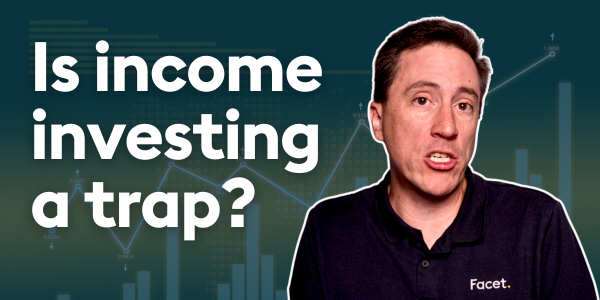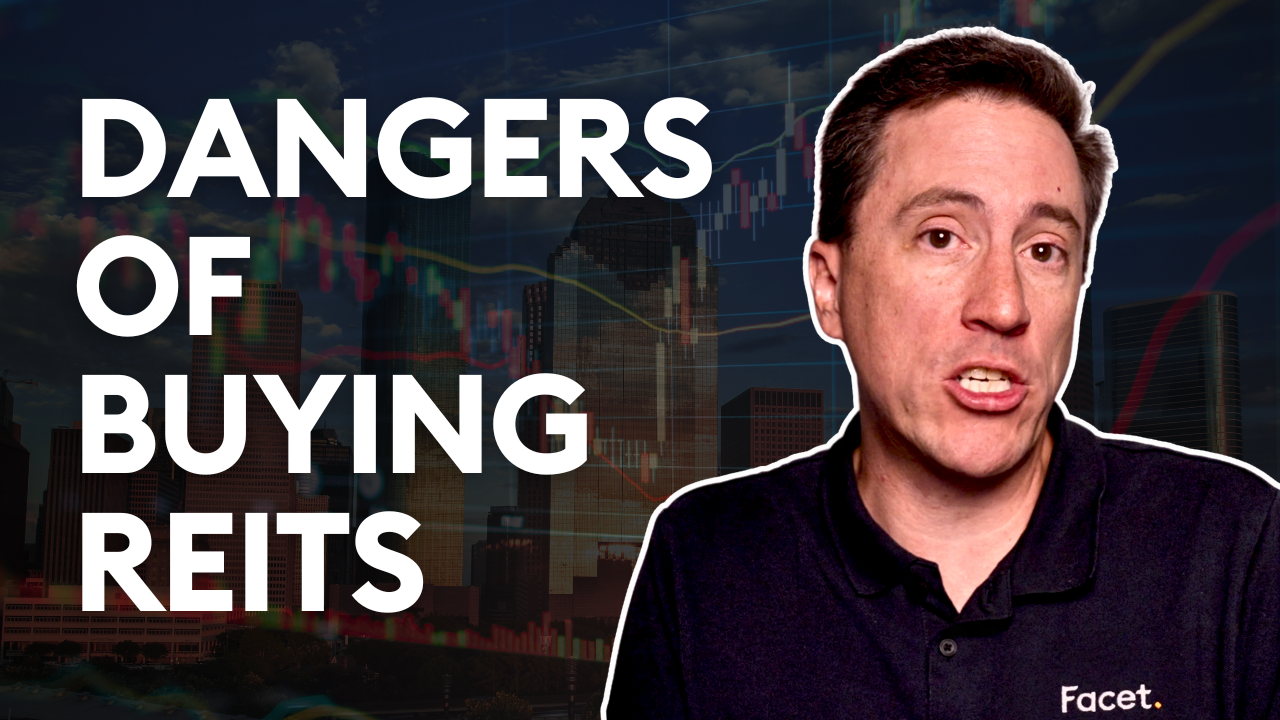
The information provided is based on the published date.
Key takeaways
- Check your loan terms to ensure there are no prepayment penalties or restrictions before paying off your mortgage
- Paying off your mortgage early may be beneficial, depending on your individual financial circumstances
- Consider your cash flow, return potential, tax implications, and the overall impact on your financial plan
- Early payoff strategies include bi-weekly payments, lump sum payments, refinancing, and extra monthly payments
- Pros of investing: return potential, tax advantages, and diversification
- Cons of investing: market, liquidity, and interest rate risk
The concept of homeownership brings with it the joy of having a place to call your own but also the financial responsibility of a mortgage.
For many, the very notion of a 30-year loan is daunting. Naturally, the idea of paying off that mortgage ahead of time can be appealing.
But is it a wise decision? Or is it a better idea to put that money toward retirement accounts or other investments?
This comprehensive guide explores the various angles of this financial puzzle.
The basics: Can you pay off your mortgage early?
Yes, you can usually pay off your mortgage early, but it's essential to understand your loan terms.
While most loans today allow for prepayment without penalties—thanks to regulations like the Dodd-Frank Act—some exceptions apply. Always confirm with your lender if any prepayment penalties apply to you.
Is it better to pay off my mortgage or invest?
The answer to this question will depend on your individual circumstances.
The best option often comes down to a combination of both scenarios: Some people may consider making extra payments toward the principal while building an emergency fund or retirement savings.
Others may opt to invest the money and take advantage of compound interest to accelerate their returns and then pay off the mortgage with those proceeds.
Ultimately, it is important to weigh the pros and cons of each approach, understanding how they fit into your overall financial plan.
The pros and cons of paying off your mortgage early
Pros:
- Financial freedom: Paying off your mortgage early can free up significant funds in your monthly cash flow, offering financial freedom.
- Saving money: Mortgages are often front-loaded with interest payments. Paying it off early can save you a considerable sum over time.
- Peace of mind: The psychological benefit of owning your home outright can be invaluable.
- Predictable ROI: The rate of return equals the interest rate on your mortgage, offering a predictable outcome.
- Equity access: With a paid-off home, you can potentially access a home equity line of credit (HELOC) for other financial needs or emergencies.
Cons:
- Liquidity risks: By paying off your mortgage, you're tying up a lot of your cash in an illiquid asset.
- Tax implications: Your mortgage interest tax deductions are lost once the mortgage is paid off, potentially impacting your tax planning.
- Opportunity cost: The money used to pay off the mortgage could potentially yield higher returns in other investments.
- Market vulnerability: Real estate markets can be volatile; your home's value could decrease, affecting your net worth negatively.
The pros and cons of investing instead of paying down your mortgage
Pros:
- Return potential: Investing can potentially offer a greater return on investment than simply paying off the mortgage, depending on the investments made.
- Tax advantages: Certain investments, like tax-advantaged retirement accounts, can potentially reduce your overall taxable income.
- Diversification: A diversified portfolio of investments can protect you in times of downturns.
- Long-term planning: Investing can help you plan for the future, such as saving for retirement, education, or travel.
Cons:
- Market risks: The stock market can be unpredictable and volatile, meaning there's a risk of capital loss.
- Liquidity risks: Depending on where you invest your money, it may be difficult to access the funds quickly.
- Interest rates: If your interest rate is higher than the return on your investments, you could end up in a worse position than when you started.
- Risk appetite: You need to have an appetite for risk or a long-term plan for investing in order to make a wise investment decision.
Early mortgage payoff strategies
If you decide an early mortgage payoff is the right option for you, here are a few strategies to consider:
- Bi-weekly payments: The most popular strategy is making biweekly payments. Biweekly mortgages require you to make 26 half-payments throughout the year instead of 12 full payments. This reduces the principal faster, leading to interest savings over time. This simple trick can help you make an extra payment each year, shaving off time and interest from your mortgage.
- Lump-sum payments: Use windfalls like bonuses or inheritances to make lump-sum payments against the principal. Even if you don't have a large amount at your disposal, any additional payments can help lower your balance and interest payments over time.
- Refinancing: Some people (especially those with a high interest rate) opt to refinance their mortgages to get a lower mortgage rate or shorter term. This can significantly reduce your monthly mortgage payment and the time required to pay off the balance. Consider refinancing to a shorter-term loan with a lower interest rate, but be mindful of closing costs.
- Extra monthly payments: Another popular approach is to round up your monthly payment. For example, if your fixed monthly payment is $2,800, increase it to $3,000 instead. These extra mortgage payments will go directly toward the principal and help you pay down your mortgage faster.
Other considerations
Before tying up your funds into your home, consider other investment avenues.
The stock market, historically, has returned around 10% annually. So, it may make sense to look into investments like exchange-traded funds (ETFs) or mutual funds to help diversify your portfolio and reduce risk.
Additionally, if you have high-interest debt such as credit cards, it is generally wise to pay these off first before attempting an early mortgage payoff strategy.
Cash flow is key
If you pour all your savings into your home, you risk becoming "house-rich, cash-poor." Financial advisors often recommend maintaining liquid assets equal to at least six months' worth of living expenses.
Personal habits and lifestyle
Your spending habits could impact this decision. For people who struggle with saving, using the mortgage as a forced savings tool might be beneficial.
The intangibles
Don't underestimate the peace of mind that comes with owning your home free and clear, especially as you approach retirement. While it may not have a monetary value, it can improve your financial wellness.
Final word
The decision to pay off your mortgage early or invest is a personal choice that will depend on your financial priorities, risk tolerance, and individual circumstances.
Talking to a qualified financial advisor or tax expert before making any such decision is essential, as they can provide valuable insight into the best approach for your needs.
No matter what you decide, it is important to understand the implications of each option and make a decision that makes sense for your long-term financial health.
Taking the time to truly understand your situation can help ensure you make an informed choice that works best for you and your family.
Facet
Facet Wealth, Inc. (“Facet”) is an SEC registered investment adviser headquartered in Baltimore, Maryland. This is not an offer to sell securities or the solicitation of an offer to purchase securities. This is not investment, financial, legal, or tax advice. Past performance is not a guarantee of future performance.


